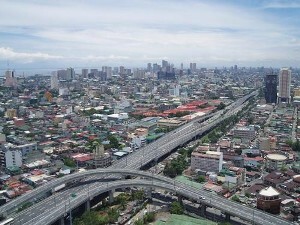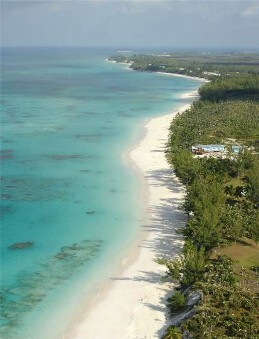Brazil is a populous country, with approximately 190 million people. The southeast region of the country is where the largest amount of the population is concentrated. The Northeast region is where there are more people living in rural areas. The North region is the only one that has more men than women.
But, could you explain to me where all this information comes from?
If you answered, “The Census”, you are correct. He is responsible for all this information. However, can you tell me what the Census is?
I will help you.
The Census is a study carried out to gather information about the country's population and their living conditions. With this study, it is possible to give answers to the following questions: How many are we? How are we? Where do we live? How do we live?
The information collected relates to:
Number of people living in the country, states and municipalities;
Number of men and women;
If there are more people living in urban or rural areas;
Qnumber of working and unemployed people;
Brazilian people's wage income.
There is other information collected, but it is very complex to understand. They are important, as they will serve as a basis for the creation of public policies in the areas of health, social security social and education of the population in general and assistance to specific groups such as women, children, adolescents and seniors.
The body responsible for the Census is the Brazilian Institute of Geography and Statistics (IBGE). It travels all over the country's municipalities, visiting homes to interview people and thus gather the necessary information.
In Brazil, the Census is carried out every 10 years. The first known Census was carried out in 1872, being called the Population Census of the Empire of Brazil. The last one happened in 2010.
For you to have a dimension and importance of the Census, Brazil spent 1.4 billion reais in carrying out the 2010 Census. 58 million homes were visited, from 5,565 municipalities in all corners of the country.
By Regis Rodrigues
Graduated in Geography



